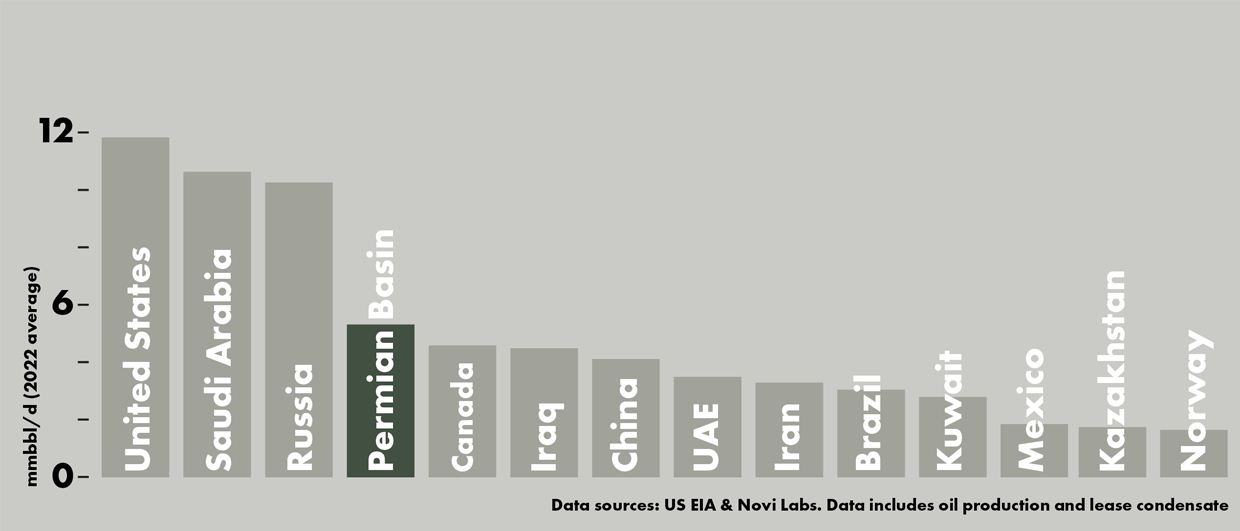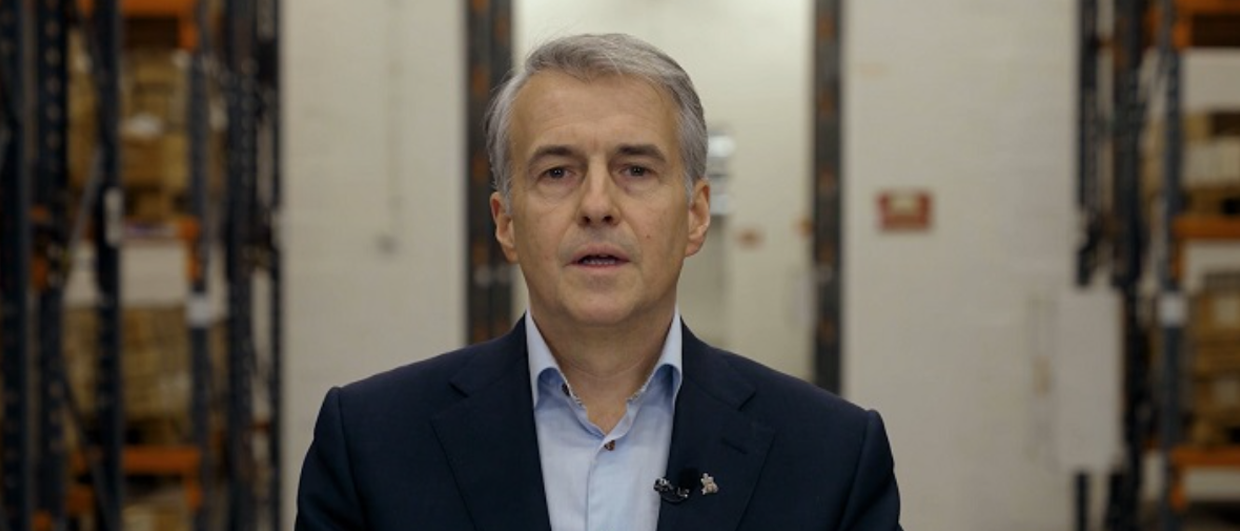Holidaying in the Scottish Highlands last week and driving around the tiny villages of Tomich and Cannich near Glen Affric makes one realise how Scotland both offers renewable energy but is still reliant on oil at the same time.
The outlines of many lochs in the area wouldn’t have looked the same if dams weren’t built for hydroelectric power generation. It’s easy to forget this human influence on the outlook of a country that looks so green and untouched.
At the same time, the houses one does find in this area are mostly accompanied by a green tank.
What is in the green tank? Oil!
Used primarily for heating, it is a reminder of the fact that electricity may be green, but heating – the most important energy pillar in most households (up to 64%) – is still being delivered by the fluid most politicians want to get rid of as soon as possible.
Against this personal experience, Keir Starmer, the political leader of the Labour party in the UK, argued in a BBC article last week for the Cambo field development West of Shetland to be blocked.
“The idea that we have a global conference here at the same time as approving Cambo doesn’t make any sense – it gives off completely the wrong signal.” Keir Starmer, according to BBC
Britain’s dependence on oil and gas
In an attempt to be seen as the most progressive when it comes to battling climate change, high-profile politicians are competing for the most drastic policies in the light of the upcoming COP 26 Conference in Glasgow in November this year, further strengthened by the conclusions drawn in the IPCC Sixth Assessment Report published yesterday.
But is it in the climate’s best interest to derail the Cambo development?
The main thing that politicians seem to ignore when proposing a halt to investing in national oil and gas production is the simple fact that there is no alternative that can replace the need for hydrocarbons in the short term.
Fossil energy provides 84 per cent of the world’s energy needs. Source: BP Statistical Review of World Energy.
Where coal mining became a lot less profitable almost overnight after the discovery of gas in the North Sea in the 1960’s, there is no silver bullet lined up at present, despite the continuous news feed around wind, solar and geothermal energy.
As geophysicist Alan Foum explains very well in this YouTube video, Britain already imported 2/3 of its oil demand in 2019, with a continued and increasing reliance on oil projected to last at least until 2050 and probably beyond.
How does the Cambo development fit into this picture?
The STOIP for Cambo is estimated to be 800 MMboe. So, with a recovery factor of around 50%, which will be very high for this heavy oil field, up to around 400 MMboe may be recovered over its life span of let’s say 20 years.
Should think twice
With the Department for Business, Energy & Industrial Strategy (BEIS) predicting oil demand in 2040 still being around 460 MMb/year (down from about 534 MMb/year today), it is straightforward to see that Cambo will not result in the UK becoming self sufficient in oil production. However, it will need to import slightly less, and that can only be a good thing for the climate given less pressure on long-distance import.
Against this backdrop, and being aware of the high environmental standards of oil production in the UKCS as well as the benefits of having an indigenous industry that supports jobs and drives innovation, Starmer should think twice about his statement.
As so many homes in rural Scotland prove, the dependency on oil is not something that can be just ignored, even when it is key to transition away from it in the long run.
HENK KOMBRINK




